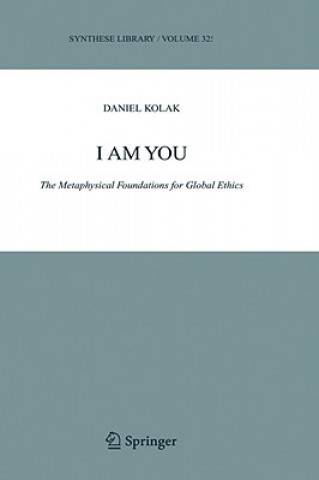
Kod: 01415972
I Am You
Autor D. Kolak
Borders enclose and separate us. We assign to them tremendous significance. Along them we draw supposedly uncrossable boundaries within which we believe our individual identities begin and end, erecting the metaphysical dividing w ... więcej
- Język:
 Angielski
Angielski - Oprawa: Twarda
- Liczba stron: 659
Wydawca: Springer-Verlag New York Inc., 2005
- Więcej informacji o książce

364.94 €

Dostępna u dostawcy w małych ilościach
Wysyłamy za 10 - 15 dni
Potrzebujesz więcej egzemplarzy?Jeżeli jesteś zainteresowany zakupem większej ilości egzemplarzy, skontaktuj się z nami, aby sprawdzić ich dostępność.
Dodaj do schowka
Zobacz książki o podobnej tematyce
-

Multivariable Calculus with Applications
72.51 € -4 % -

Big Book of Picross Hanjie Griddlers Nonograms
33.33 € -2 % -

Minecraft English Ages 7-8
6.54 € -4 % -

Heartstopper #3: A Graphic Novel: Volume 3
21.67 € -17 % -

In Cold War Skies
41.72 € -

Hidden Witch
11.24 € -21 % -

From Lukov with Love
20.86 € -2 % -

It's Kind of a Funny Story
10.12 € -19 % -

The Scotch Gambit: An Energetic and Aggressive System for White
13.70 € -28 % -

First Hundred Years of the American Baptist Publication Society
35.18 € -

Sermons
32.11 € -

Sharpshooters of the American Civil War 1861-1865
22.29 € -4 % -

Lord of the Rings
75.17 € -15 % -

Psychologia Kluczowe koncepcje Tom 1 Podstawy psychologii
17.07 € -5 %
Bon podarunkowy: Radość gwarantowana
- Podaruj bon o dowolnej wartości, a my się zajmiemy resztą.
- Bon podarunkowy dotyczy całej naszej oferty.
- Możesz wydrukować elektroniczny bon z e-maila a następnie przekazać go obdarowanemu.
- Ważność bonu wynosi 12 miesięcy od daty wystawienia.
Więcej informacji o I Am You
Za ten zakup dostaniesz 903 punkty
 Opis
Opis
Borders enclose and separate us. We assign to them tremendous significance. Along them we draw supposedly uncrossable boundaries within which we believe our individual identities begin and end, erecting the metaphysical dividing walls that enclose each one of us into numerically identical, numerically distinct, entities: persons. Do the borders between us physical, psychological, neurological, causal, spatial, temporal, etc. merit the metaphysical significance ordinarily accorded them? The central thesis of I Am You is that our borders do not signify boundaries between persons. We are all the same person. Variations on this heretical theme have been voiced periodically throughout the ages (the Upanishads, Averroës, Giordano Bruno, Josiah Royce, Schrödinger, Fred Hoyle, Freeman Dyson). In presenting his arguments, the author relies on detailed analyses of recent formal work on personal identity, especially that of Derek Parfit, Sydney Shoemaker, Robert Nozick, David Wiggins, Daniel C. Dennett and Thomas Nagel, while incorporating the views of Descartes, Leibniz, Wittgenstein, Schopenhauer, Kant, Husserl and Brouwer. His development of the implied moral theory is inspired by, and draws on, Rawls, Sidgwick, Kant and again Parfit. The traditional, commonsense view that we are each a separate person numerically identical to ourselves over time, i.e., that personal identity is closed under known individuating and identifying borders what the author calls Closed Individualism is shown to be incoherent. The demonstration that personal identity is not closed but open points collectively in one of two new directions: either there are no continuously existing, self-identical persons over time in the sense ordinarily understood the sort of view developed by philosophers as diverse as Buddha, Hume and most recently Derek Parfit, what the author calls Empty Individualism or else you are everyone, i.e., personal identity is not closed under known individuating and identifying borders, what the author calls Open Individualism. In making his case, the author: §offers a new explanation both of consciousness and of self-consciousness §constructs a new theory of Self §explains psychopathologies (e.g. multiple personality disorder, schizophrenia) §shows Open Individualism to be the best competing explanation of who we are §provides the metaphysical foundations for global ethics. §The book is intended for philosophers and the philosophically inclined physicists, mathematicians, psychiatrists, psychologists, linguists, computer scientists, economists, and communication theorists. It is accessible to graduate students and advanced undergraduates.
 Szczegóły książki
Szczegóły książki
Kategoria Książki po angielsku Humanities Philosophy Philosophy: metaphysics & ontology
364.94 €
- Pełny tytuł: I Am You
- Podtytuł: The Methaphysical Foundations of Global Ethics
- Autor: D. Kolak
- Język:
 Angielski
Angielski - Oprawa: Twarda
- Liczba stron: 659
- EAN: 9781402029998
- ISBN: 1402029993
- ID: 01415972
- Wydawca: Springer-Verlag New York Inc.
- Waga: 2490 g
- Wymiary: 297 × 210 × 41 mm
- Data wydania: 05. January 2005
Ulubione w innej kategorii
-

Neville Goddard
29.75 € -

Being and Time
19.42 € -17 % -
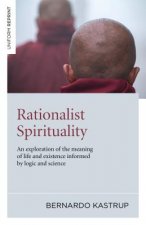
Rationalist Spirituality - An exploration of the meaning of life and existence informed by logic and science
11.65 € -19 % -
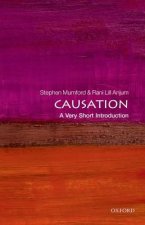
Causation: A Very Short Introduction
10.22 € -28 % -

Convoluted Universe: Book One
20.34 € -4 % -
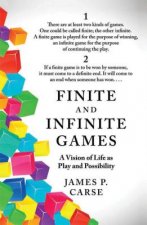
Finite and Infinite Games
15.13 € -26 % -

On Being a Pagan
25.15 € -
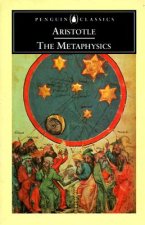
Metaphysics
13.08 € -25 % -

Life Of The Mind
25.15 € -20 % -
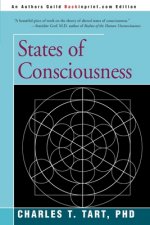
States of Consciousness
16.46 € -18 % -

Chiropractic Text Book
37.22 € -
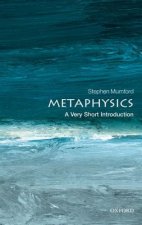
Metaphysics: A Very Short Introduction
10.22 € -28 % -
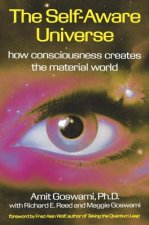
Self-Aware Universe
18.09 € -11 % -
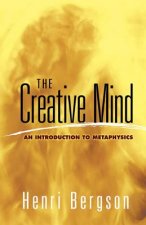
Creative Mind
11.65 € -18 % -
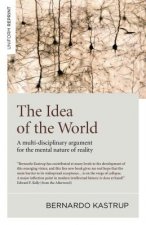
Idea of the World, The - A multi-disciplinary argument for the mental nature of reality
17.28 € -19 % -

Scholastic Metaphysics
26.07 € -

Sum
10.83 € -2 % -

De Anima (On the Soul)
11.45 € -28 % -
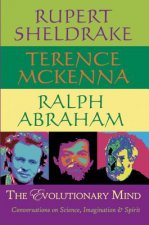
Evolutionary Mind
15.43 € -23 % -

Body in Pain
17.17 € -26 % -

Scent of Time - A Philosophical Essay on the Art of Lingering
17.17 € -6 % -
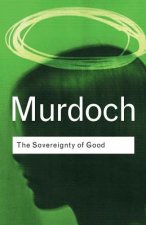
Sovereignty of Good
16.05 € -14 % -
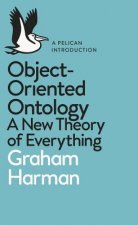
Object-Oriented Ontology
11.45 € -21 % -

Beyond Biocentrism
12.98 € -21 % -

Tertium Organum
15.54 € -1 % -

Encyclopedia of Time
514.78 € -10 % -

Problems of Philosophy
11.14 € -

Production of Space
40.49 € -8 % -

GOD Works Through YOU
18.30 € -
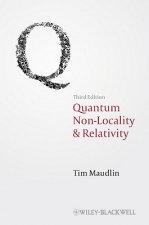
Quantum Non-Locality & Relativity - Metaphysical Intimations of Modern Physics 3e
49.90 € -
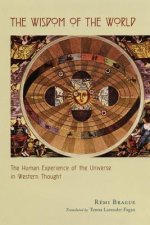
Wisdom of the World
40.90 € -
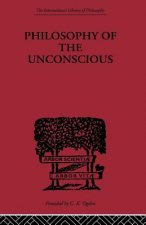
Philosophy of the Unconscious
67.80 € -
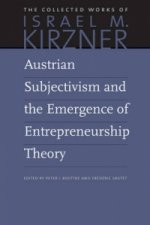
Austrian Subjectivism & the Emergence of Entrepreneurship Theory
20.65 € -3 % -

Being Ecological
10.53 € -27 % -

Why Materialism is Baloney
15.03 € -20 % -

Logic Manual
15.33 € -3 % -
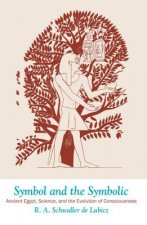
Symbol and the Symbolic
11.65 € -18 % -
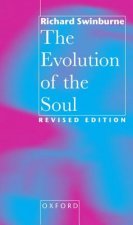
Evolution of the Soul
67.29 € -

Philosophy of Nature
32.11 € -

What Is Philosophy for?
26.07 € -16 % -

Veil of Isis
28.53 € -22 % -

Human Animal
98.59 € -
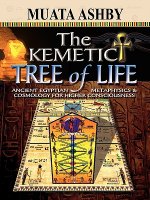
Kemetic Tree of Life Ancient Egyptian Metaphysics and Cosmology for Higher Consciousness
23.72 € -18 % -

Golden Chain of Homer
18.81 € -19 % -

Divine Blueprint
25.97 € -1 % -

Quantum Ontology
62.59 € -

Coming Full Circle
21.88 € -1 % -
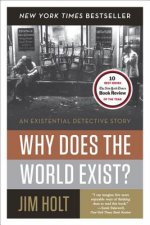
Why Does the World Exist?
15.64 € -18 % -

Nobility of Spirit
16.97 € -9 %
Osobní odběr Bratislava a 2642 dalších
Copyright ©2008-24 najlacnejsie-knihy.sk Wszelkie prawa zastrzeżonePrywatnieCookies


 Vrácení do měsíce
Vrácení do měsíce Zdarma od 49.99 €
Zdarma od 49.99 € 02/210 210 99 (8-15.30h)
02/210 210 99 (8-15.30h)